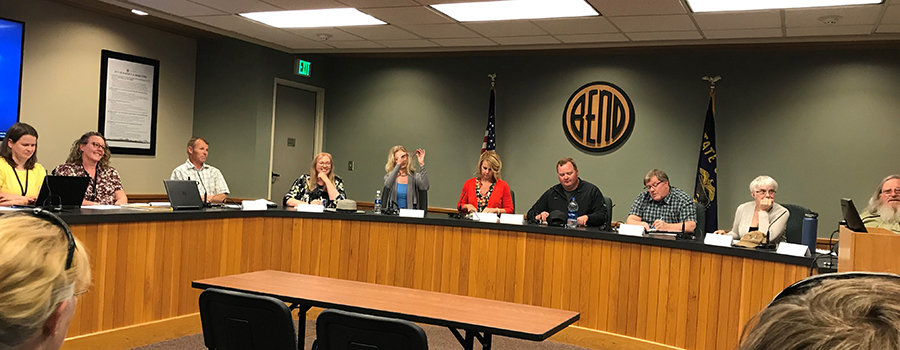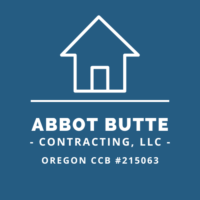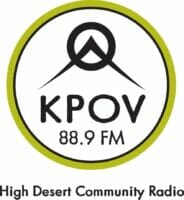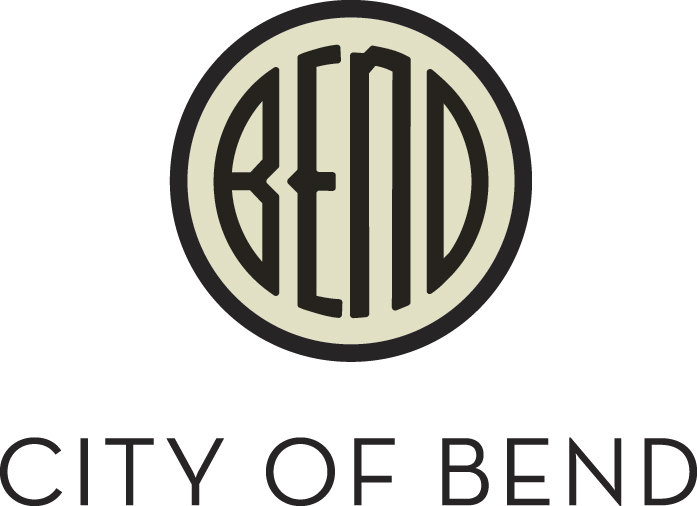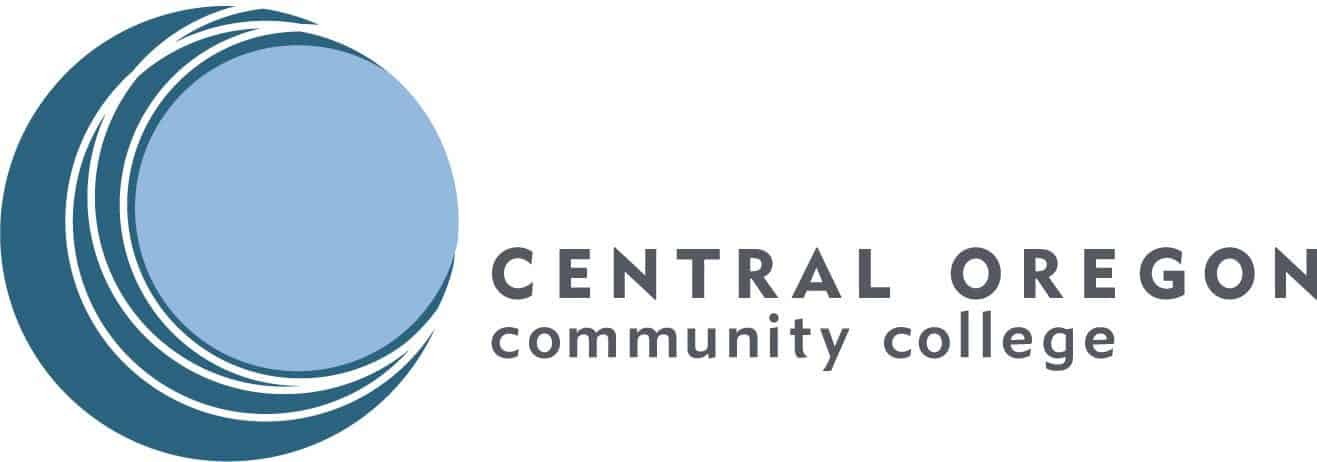Lynne McConnell was the Deputy Director of NeighborImpact, a local non-profit, helping connect families with resources and education. Today she’s navigating the world of affordable housing within the City. After nearly a year since Lynne took over the City’s Affordable Housing Manager position, we caught up with her for an informative Q&A on affordable housing in Central Oregon.
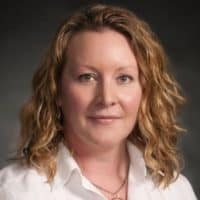
Lynne McConnell
How has your first year of being Bend’s Affordable Housing Manager been?
It’s busy, fun, and a bit crazy! While at NeighborImpact I was in an advocacy role. At the City, I’m in a stewardship role, quite a shift. There is an amazing group of folks at the city. I’m thankful for this opportunity.
Tell us about your role and your committee’s role?
In my role, I’m responsible for cross-collaboration with other departments and committees within the City and managing Bend’s Affordable Housing Program. The City of Bend was the first city in Oregon to implement an Affordable Housing Fund in 2006 which collects a percentage from every permit valuation submitted to the City. Since its implementation, the city has given $8m in revolving loans and helped fund over 500 new homes.
I’m also the liaison between the Affordable Housing Advisory Committee, which is a group of Council appointed volunteers from different sectors of the housing industry, and city staff and council. The Committee brings ideas, my team (my fabulous coordinator and me!) does the groundwork to flush them out, and we provide recommendations to city council. We don’t make policy; we offer the policymakers with the best information to make decisions.
Affordable housing is a central topic in lots of different circles. To have a livable and vibrant community, we must have housing as part of all of our conversations.
A fun fact about Lynne is that she was an integral part of City Club’s Programs committee for years having planned and participated in numerous forums. Back to the interview…
In February 2017 you moderated a forum on “The Needs, the Challenges, and the Faces of Low Income Housing.” The discussion included education on the processes associated with developing affordable housing and two stories from recipients of affordable housing. At the close of the forum, and in the Q&A there was a discussion on what’s next. Now that you’re in the driver seat for Bend, what’s on the horizon?
Helping implement the Bend Urban Growth Boundary (UGB) Plan. I’m working directly with landowners and private developers on how to integrate affordable housing into these areas. We’re focused on the “mom & pop” developers right now. Our traditional affordable housing developers are great, but they’re at capacity. We need to look outside of the conventional approach to affordable housing.
For example, recent code changes and city incentives are helping pencil out mixed-income developments. A market-rate townhome community developed by Kinetic Resources going up on Wall and Revere includes six deed-restricted affordable units. The developer received a loan from the city, a density bonus and reduction in system development charges to make it work. In exchange, the developer has an agreement with the City that those units will remain affordable for a specified term. From a socio-economical perspective, mixed-income developments are proven to be more beneficial for low-income residents.
We’re seeing more and more interest as the housing crisis is growing and affecting everyone. It’s interesting to me that some members of the community are looking to the City to fix the problem. It’s up to all of our citizens to make room in our community for affordable housing. The City alone can’t solve everything.
My other big project is House Bill 4079. Oregon Legislature passed the bill in 2016. It’s a pilot program to test if expanding the UGB will increase the amount of affordable housing. Basically, they are assessing if land is a barrier to housing. The State is choosing two cities to implement the pilot program, one City above 25,000 and one below. Bend and Redmond are competing for a spot. But it’s very collegial. We’re sharing resources and tools. If it’s built in our region it’s a win for us all! The final application is due August 17. It’s been quite the team effort across all city departments.
In July 2017 City Club held a forum on “Economic Development in a Housing Crisis. Real Solutions for Solving our Middle Market Crunch.” Bend 2030 presented a set of Middle Market Housing Policy Recommendations. Can you talk about any progress made by the City on those recommendations?
Kudos to the Bend2030 Collaborative Housing Work Group for narrowing down the data. It’s been incredibly helpful to focus our efforts and make sure we’re meeting our community’s needs in the right way for a livable and vibrant city. The city has evaluated all of the recommendations. Here is a summary of the recommendation and current outcomes.
Quick side note: Get informed! A City of Bend listening session is scheduled for August 13 regarding aligning the Bend comprehensive plan and zoning map.
City Club’s purpose is to create conversations all across Central Oregon. How are you working with other communities on our area’s Housing Crisis?
The folks in affordable housing are all extremely collaborative. I recently presented to the League of Oregon Cities on Bend’s code changes. So not only do we actively work with our neighbors like Redmond but communities across Oregon. Bend is a leader across the Northwest regarding our Affordable Housing Fund. Other communities call to consult with us (I’ve even gotten a call from Bozeman, MT!) and I definitely reach out to others for ideas and lessons learned.
What’s one thing you’ve learned in your new position that you’d like to share with the City Club community?
It takes all of us to make the space for affordable housing; it can’t just be the City. We need private developers. We need everyone’s input from all income levels.
Last question, how can the City Club community get involved?
If you’re a private developer or property owner…let’s talk. If you’re a resident or represent a company, engage in the conversation. Come to the next Affordable Housing Committee meeting. They are on the second Wednesday of the month at 3 PM in Council Chambers at City Hall. The public is always welcome and appreciated. Some of our best ideas come from public comments and questions!
Thank you, Lynne McConnell for keeping us informed and continuing this conversation. As you stated, we’re all part of the solution. I encourage all City Club members to continue this conversation and attend one of the many opportunities to hear from your community representatives in Bend, Redmond, Madras, Culver, La Pine, Prineville, Sisters, and Metolius.
Engage!
Jessica Biel, Pinnacle Architecture, Business Development Director
City Club Board Member and Marketing Committee Co-Chair

